Reactions

The Crisis of Migrant Representation in the Media
Increased migration flows from Belarus to Lithuania sparked a crisis not only at the border but also in the media. There are clear elements of inducement of public panic in the media. Reports of arrests at the border predominate, loud anti-migrant political phrases are constantly repeated, while the migrants themselves are rarely given a voice. In addition to all of that, the term “illegal migrant” is regularly used despite the fact that it has been removed from the vocabulary by both the United Nations and major news agencies such as the Associated Press.
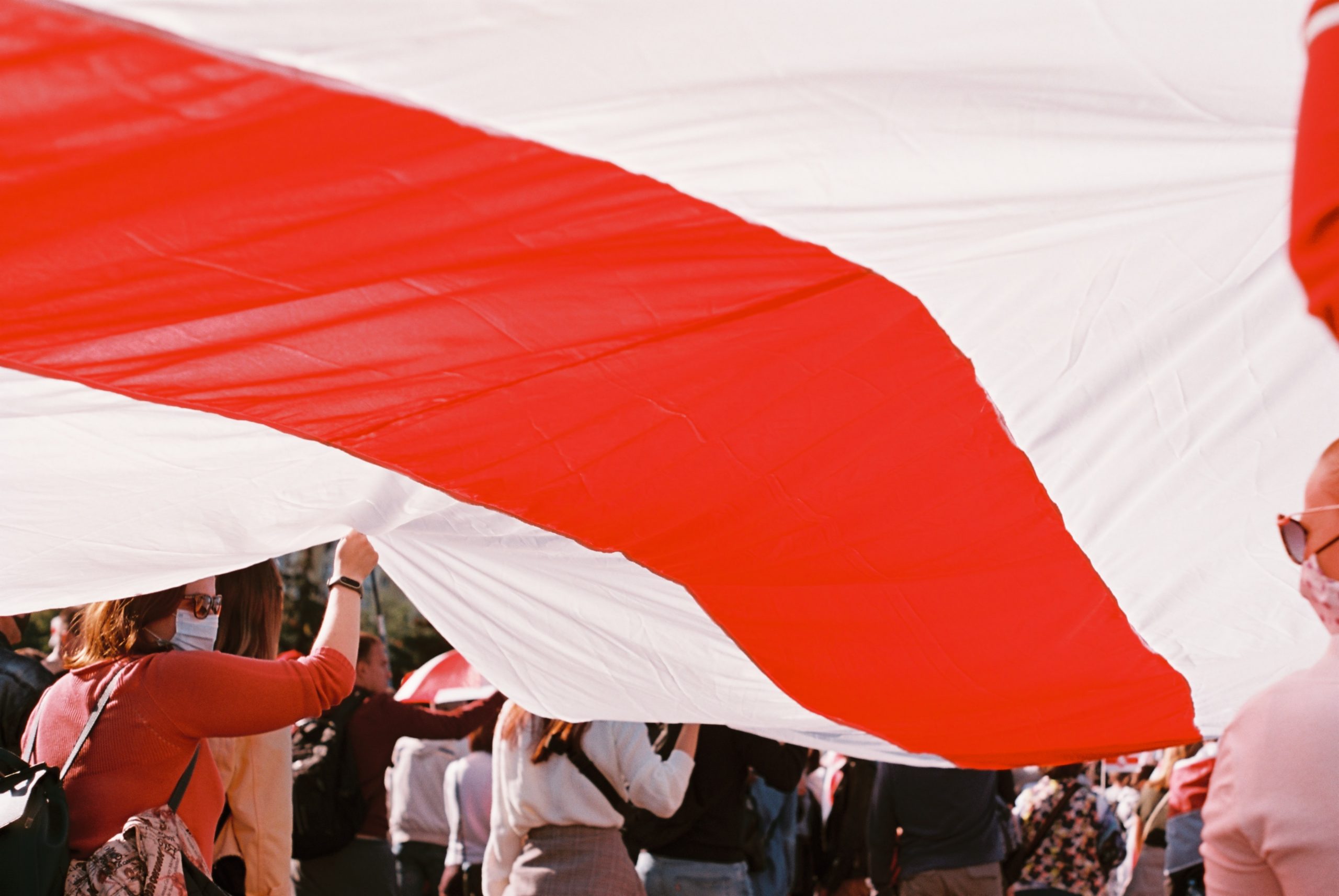
International organizations urged to help journalists persecuted by Belarusian regime
In response to the arrest of journalist Raman Pratasevich, the Media Council to the Ministry of Culture of the Republic of Lithuania addresses the European Broadcasting Union, the Council of Europe and UNESCO regarding the dire situation of independent media in Belarus.

Ernest Alesin: “I want people not to be ashamed of their ethnicity”
On National Communities’ day, Media4Change talks to Ernest Alesin, the head of the Association of Lithuanian Media in the Languages of Ethnic Communities, which unites several media outlets in Polish, Russian and English, about the impact of ethnic media in ethnic communities.
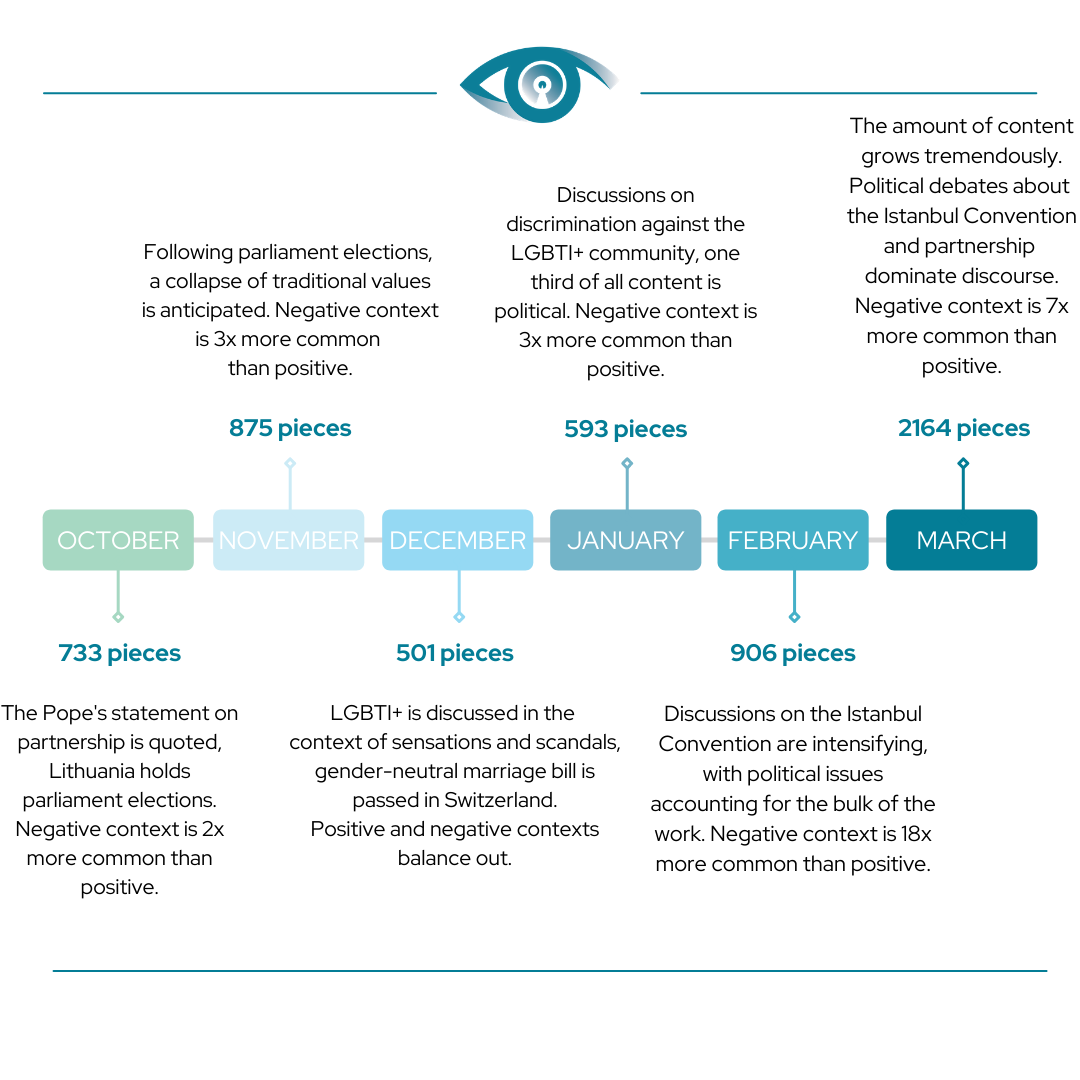
On the International Day against Homophobia, portrayal of LGBTI+ in the Lithuanian media worsens
One-fifth of media content about the LGBTI+ community in the last six months is negative. According to 2019 and 2020 data, negative context appears usually appears in less than that – 14%. In the light of International Day Against Homophobia, we draw attention to the worsening portrayal of the community in the media.
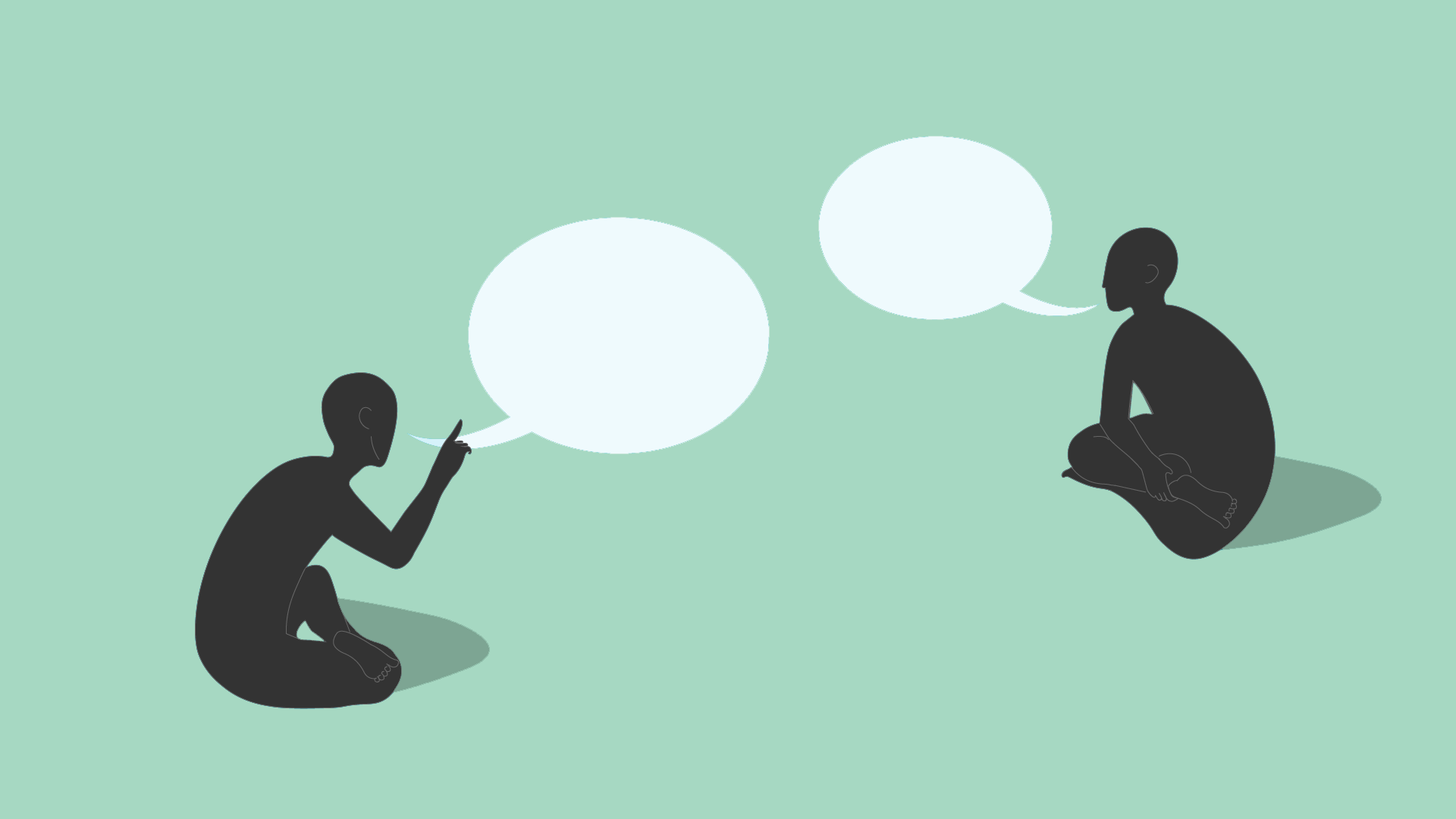
Sania Kerbelis: community’s image is shaped by iniatitives
Among the groups monitored by Media4Change, the Jewish community stands out as the most positively portrayed group. Sania Kerbelis, the chairman of the Šiauliai Jewish community, says that the image of the community depends on the initiatives that draw society’s attention.
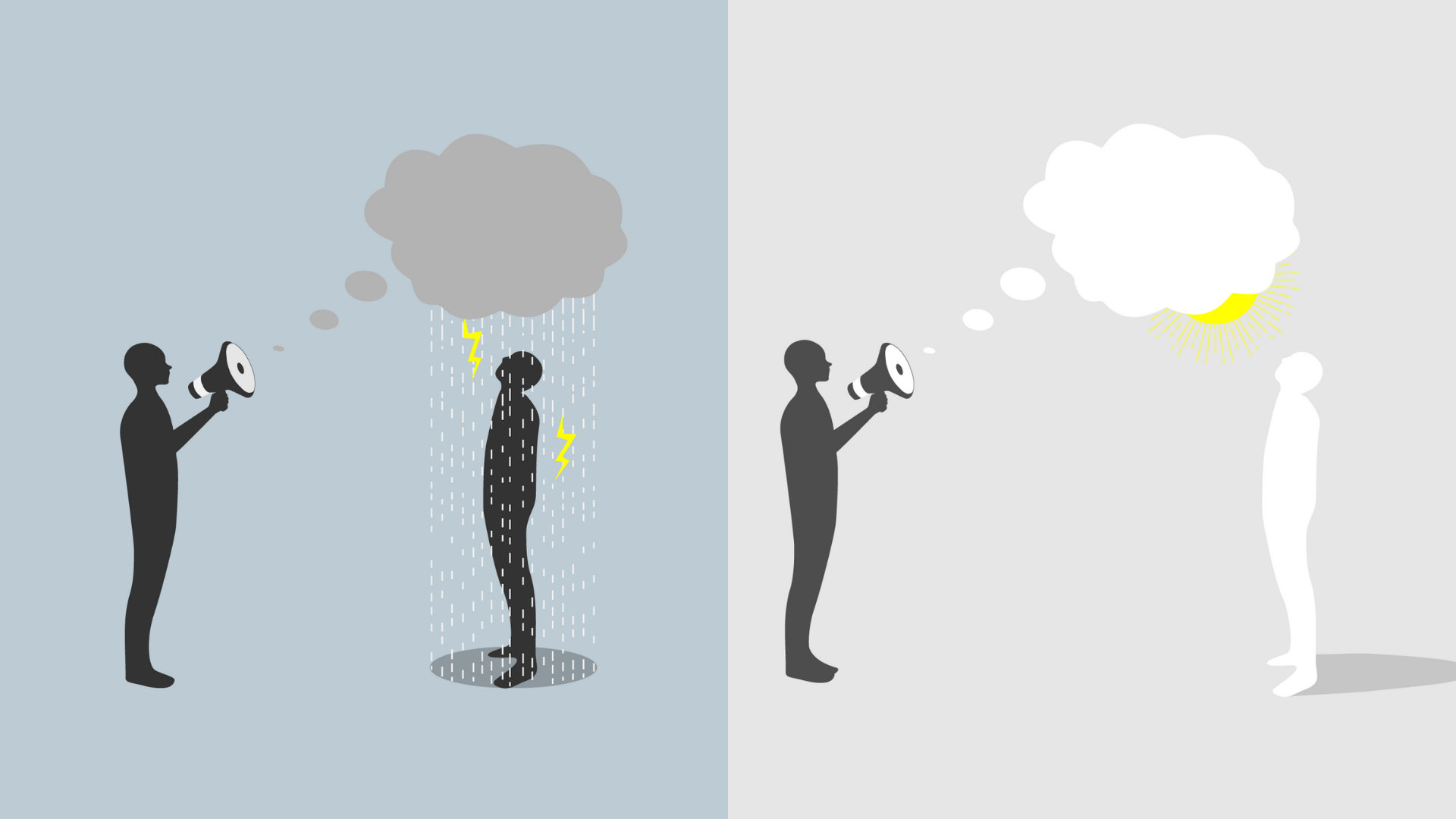
Aliona Gaidarovič: We must learn to recognize hate speech
The number of cases of hate speech in the opinion columns is increasing: the Office of the Inspector of Journalistic Ethics reported hate speech 1546 times last year – almost twice as many as the year before. Aliona Gaidarovič, Head of the Public Information Monitoring and Expertise Department of OIJE, notes that although the number of negative comments has increased recently, the number of people fighting hate in the comment sections has also increased.
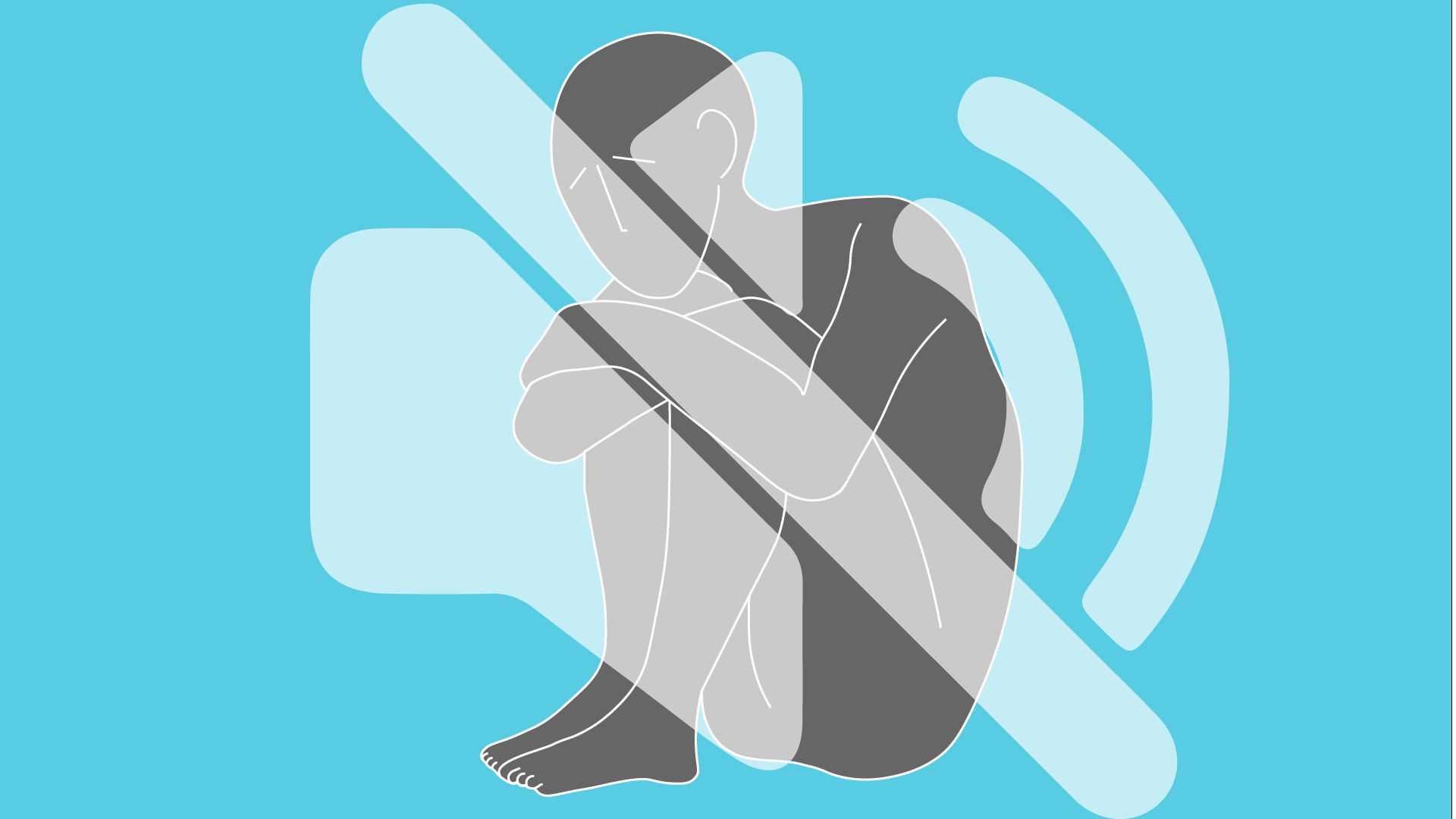
Rasma Pažemeckaitė: „I am proud to be Romani“
The Roma are talked about in the media, but their voices are nowhere to be heard – 91.1% of publications about the Roma community do not feature a Roma voice. Rasma Pažemeckaitė, an active member of the Roma community, says that people are reluctant to speak – they are worried about stereotypes and stigmatization. Rasma says she used to be ashamed to admit that she is a Roma, but now she is proud of her roots and believes that only cooperation will break down the walls of mistrust in society.
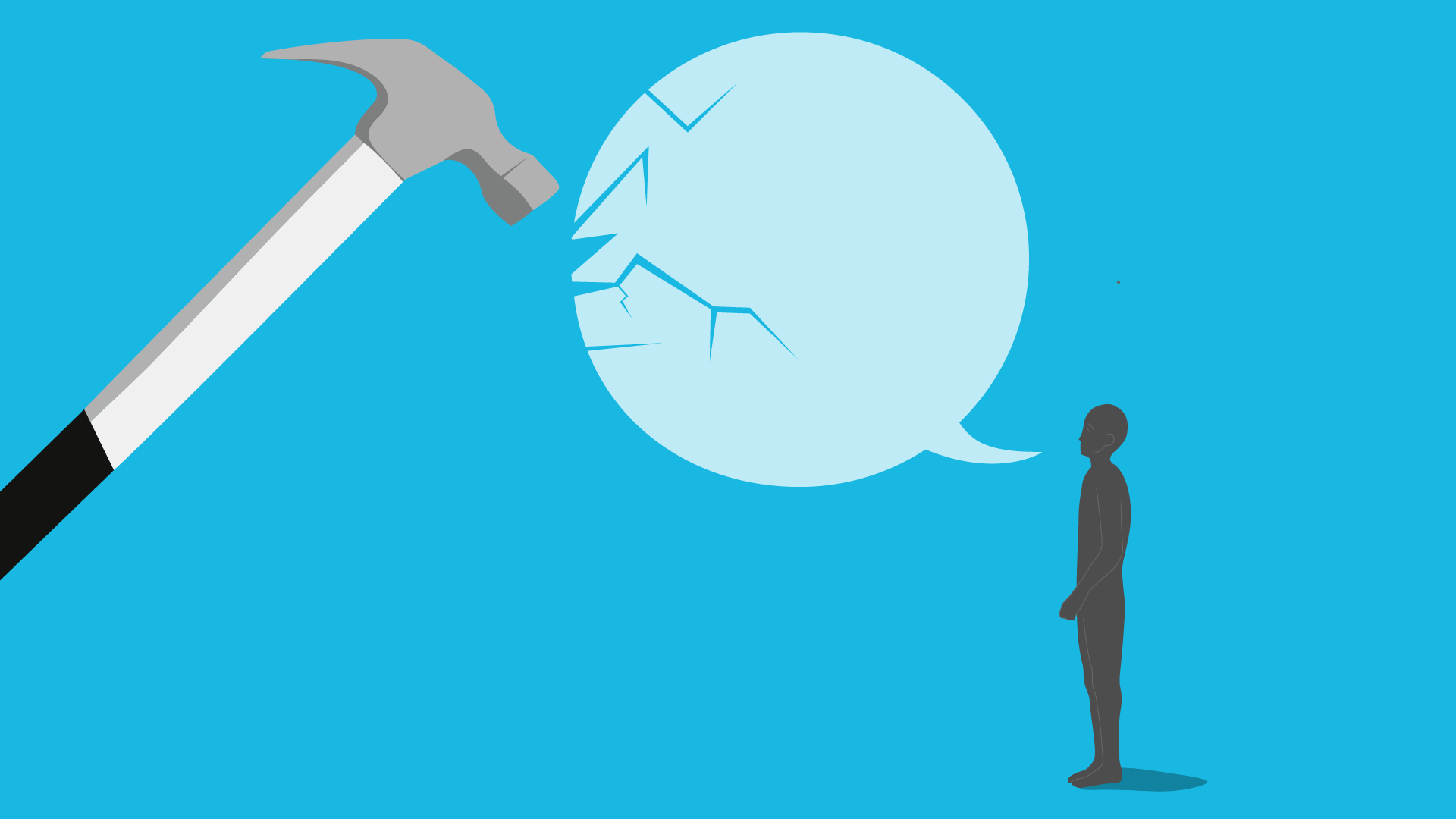
V. Kontvainė: attitudes will change when we start to see people, not their ethnicity
Research on public attitudes, conducted by the Institute for Ethnic Studies, has shown the same thing for the last 15 years: the Roma are the most disadvantaged group in society. Vita Kontvainė, a researcher at the Institute, notes that the Roma community is small, with about 2,000 members, so very often knowledge about the Roma is based on rumors and the media.

The faces of racism in Lithuanian media: between the voiceless, the mistified and the “Other”
Racism is barely talked about in Lithuania, even though, according to surveys, Roma people have been the most unwelcomed by Lithuanians for the last 16 years. Additionally, Lithuanians do not have a chance to get to know them – 9 out of 10 publications about Roma did not feature a voice of a Roma person. Media4change’s media monitoring shows that Roma representation is both the smallest and the most negative out of all groups.
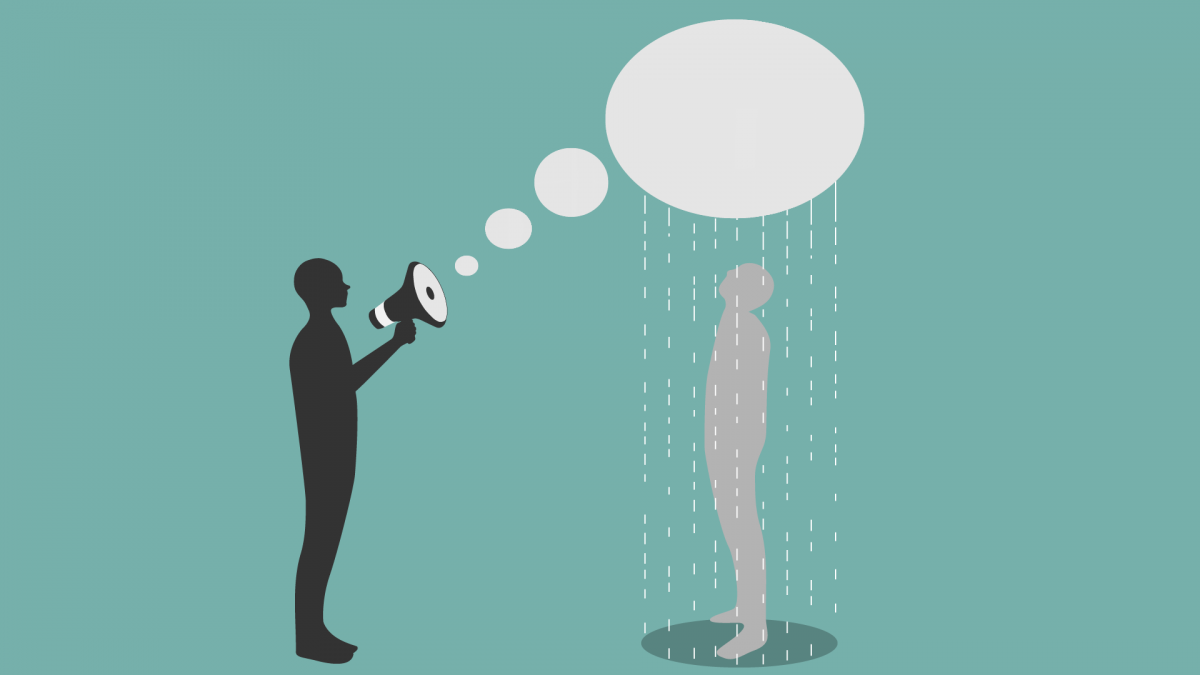
Ethical dilemma: how to inform without causing harm
„Media4Change“ reaguodama į sekmadienio įvykio, susijusio su psichikos sveikatos problemų turinčiu asmeniu, nušvietimą bei žurnalistų reakcijas pateikia rekomendacijas, kaip įspėti visuomenę apie galimą pavojų vengiant žalingo poveikio psichikos sveikatos problemų turintiems asmenims.

A challenge for journalism: mental health and unprofessionalism
After a person receiving treatment escaped from a psychiatric hospital on Sunday evening, messages spreading fear and myths about people with mental health problems were soon found in the media. The incident, which lasted less than an hour, managed to become a sensation.
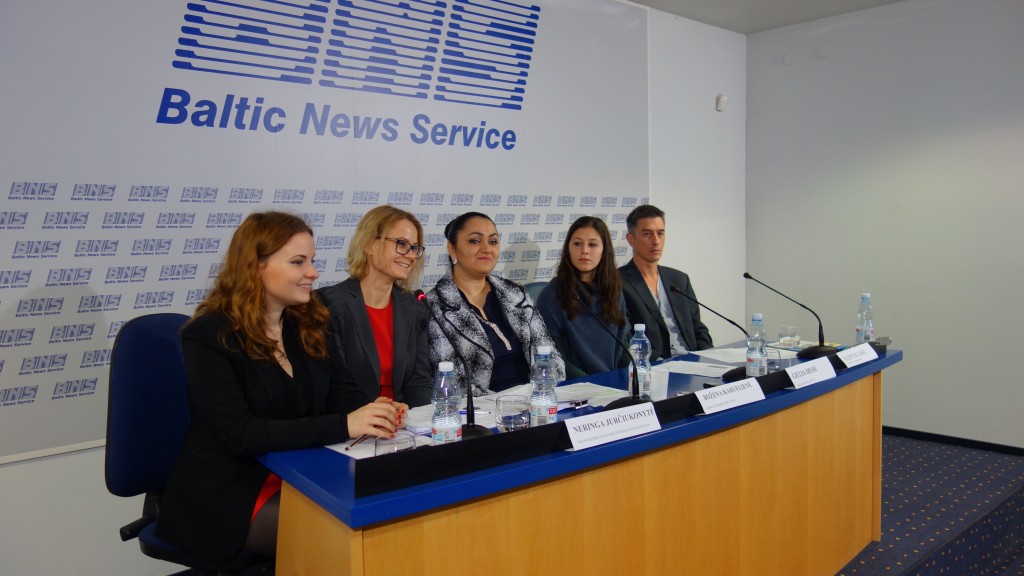
Charlie Hebdo raises new mission for ending project
On the 17th– 20th of January 2015, last meeting of project “Address of Human Rights – Journalism” took place in Lithuania. International project, better known by the name Media4change, lasted two years and connected partners from Lithuania, Bulgaria, Italy, Spain, Latvia and United Kingdom.

Five Media Mistakes over Charlie Hebdo
The satirical magazine Charlie Hebdo has featured the prophet Muhammad on its front cover once again. The Prophet is crying, just as did the cartoonist who made the cover. The headline says “All is forgiven”.